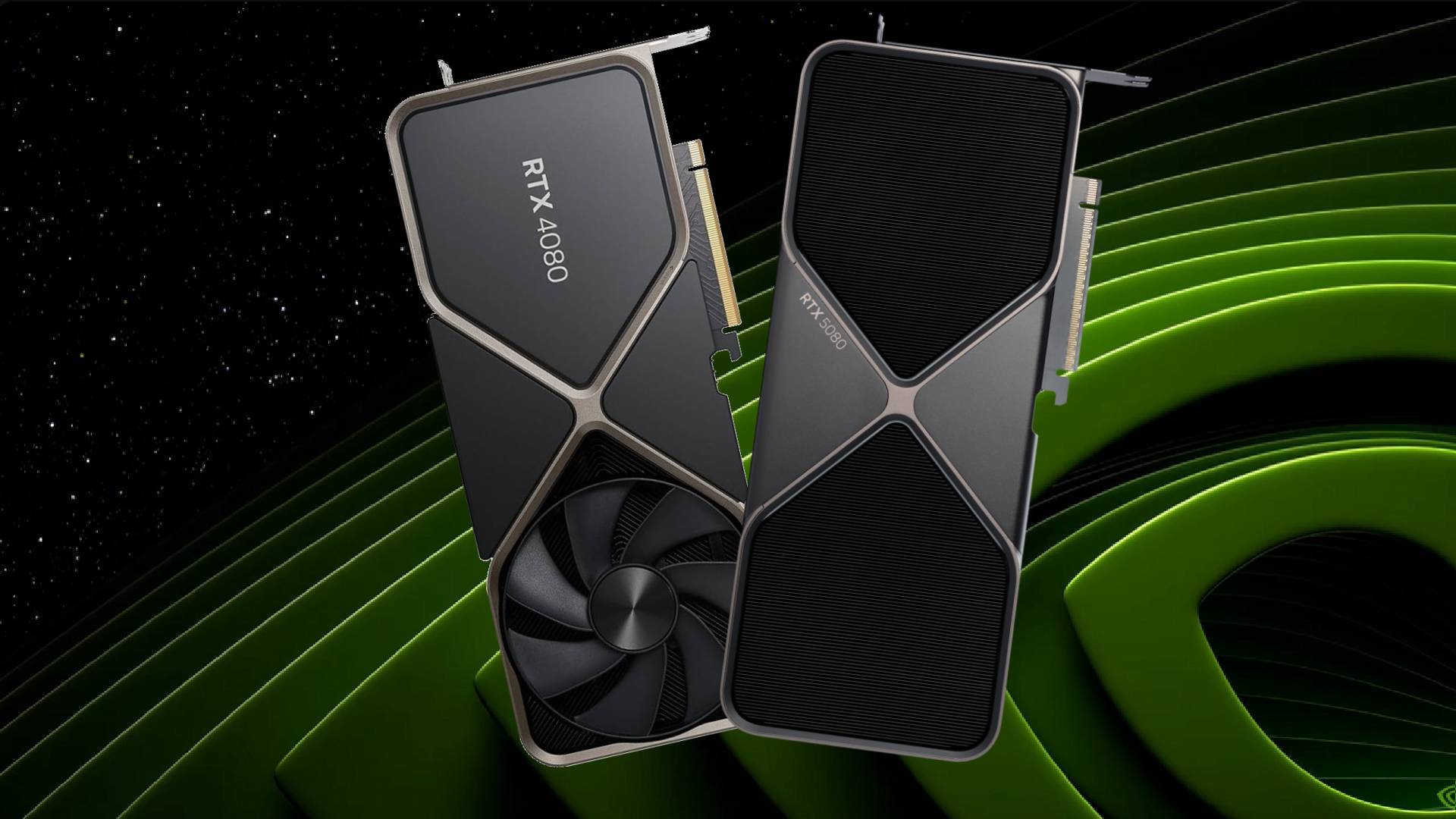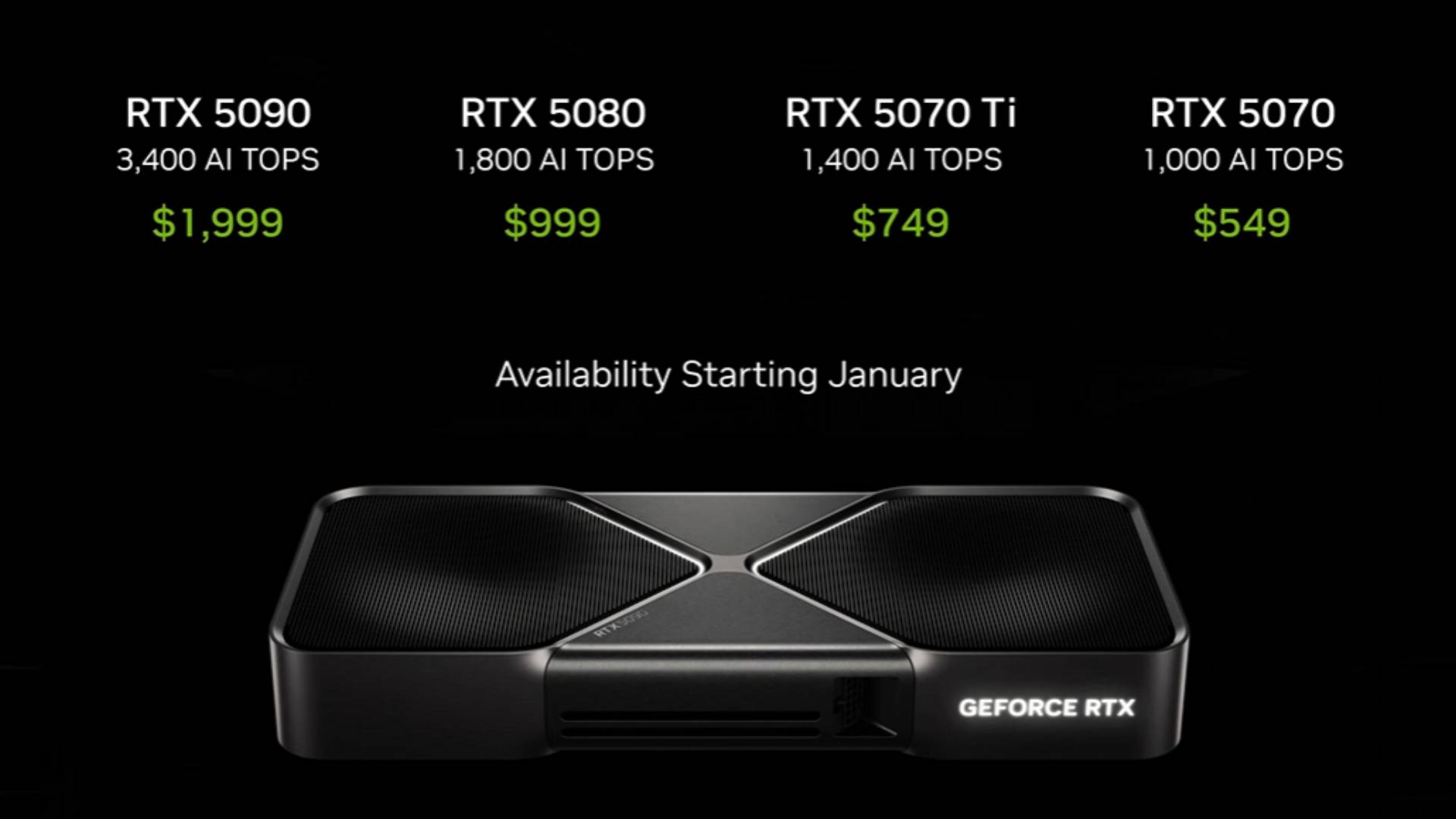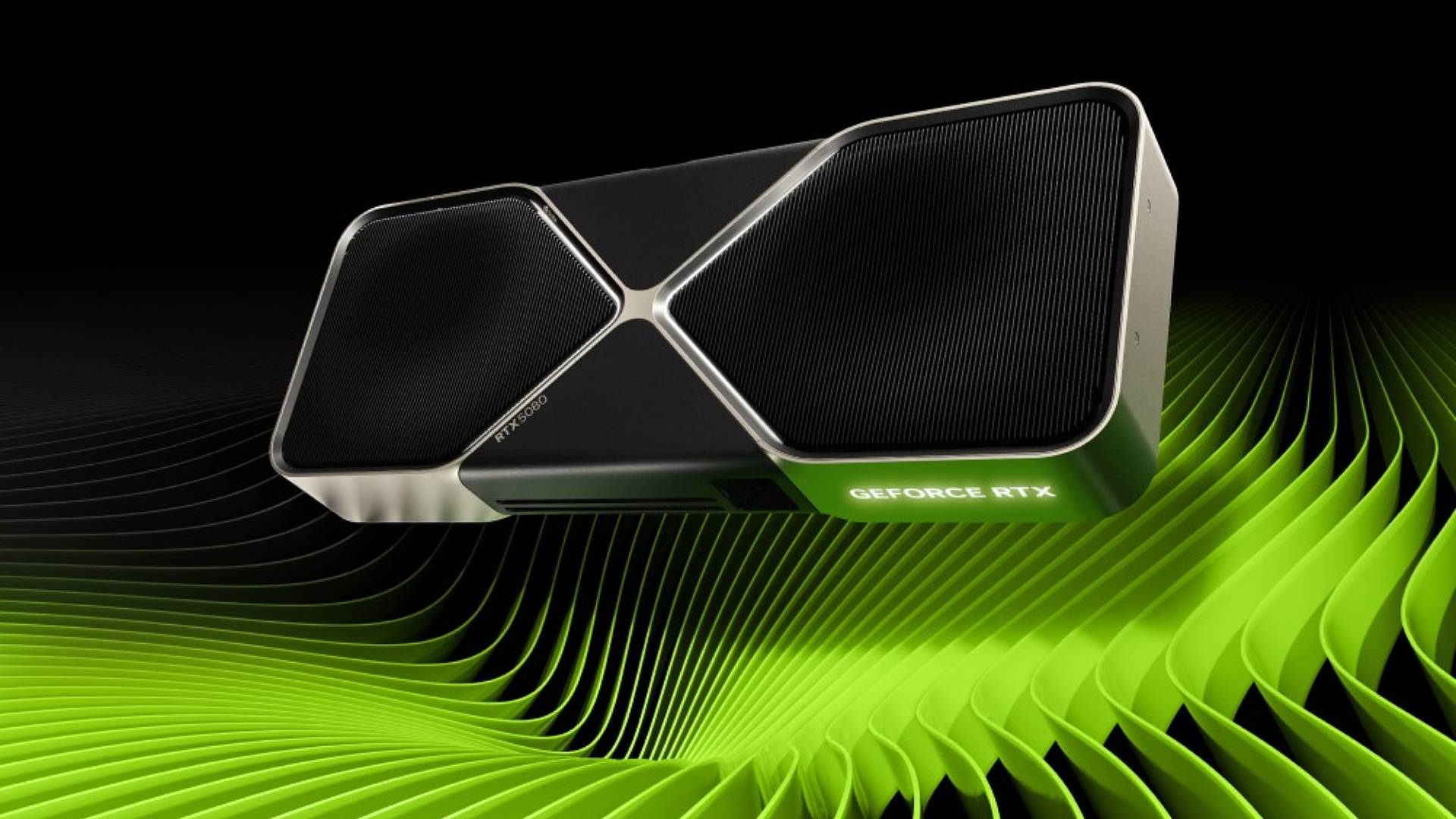
It's early days for the RTX 5080, but I have a slight fear that it'll end up like the RTX 4080. Don't get me wrong, Nvidia's 80-class Lovelace card provided a mighty 4K punch throughout the generation, and it somewhat found redemption through a Super model. However, its specs and price may have players swaying towards the green team's other options, as it's a bit too similar to the RTX 5070 Ti for my liking.
Chances are that if you're looking to buy the RTX 5080, you'll end up comparing its specs to the RTX 5090. Upon doing so, you'll realize that there's a big gap between the 90-series card and the 5080 in terms of memory, as the latter only packs 16GB GDDR7 VRAM. That's a huge gulf since the flagship boasts 32GB, and it feels like it really should have at least matched the Nvidia GeForce RTX 4090.
Of course, this isn't the first time Nvidia has made a graphics card launch decision like this. Back in 2022, I watched in absolute confusion as the green team announced a 12GB RTX 4080 before swiftly cancelling the SKU altogether. Releasing two cards within the one class is a questionable move in any case, but I firmly believe it harmed the card's reputation among potential buyers.
- Looking for Nvidia's flagship GPU? Here's where to buy the RTX 5090
The model practically showed up later as the RTX 4070 Ti, which helped somewhat differentiate its specs to the 16GB 80-series release. Still, the RTX 4080 was anything but a popular card, as its original $1,199 price tag left players craving the cancelled 12GB SKU's $899 MSRP.
VRAM ramifications
It feels like VRAM is one of the most contentious talking points attached to graphics card conversations today. Last generation, it pretty much started with that un-released RTX 4080 12GB and its measly memory configuration, but it ended up extending to the RTX 4060 only boasting 8GB. Whether or not the eventual RTX 5060 will release with more remains to be seen, but I can already see history repeating itself somewhat with the RTX 5080.
Simply put, the gap memory gap between the RTX 5080 and RTX 5090 feels like a risky move, and it's not too dissimilar to the RTX 4080 12GB situation. Perhaps the RTX 5090's lofty $2,000 asking price will help players feel less cheated when paying a grand for half the VRAM. What might be more likely is that the core count compared to the RTX 5070 Ti is overlooked for the fact it's under $750.

No one wants to feel like they're paying more for the same thing, and paying $250 more for a 16GB card compared to the RTX 5070 Ti will raise a few eyebrows. Naturally, the card will boost fps much further thanks to its increased CUDA core count, but the benchmarks will need to be pretty impressive to distract some players from the memory figure.
There's a case to be made that 16GB is enough memory for ultra 4K gaming, especially if you take advantage of new DLSS 4 upscaling tech. At least, that's the pitch for the RTX 5080, as this generation is less about native performance more involved in AI tricks.
Whether or not 16GB is fine for high-spec gaming isn't just a question for now either. Yes, it should be enough memory for 4K outings in 2025, but minimum specs can change pretty quickly as the years go by. If you spend $1,000 on a graphics card, you'll want it to handle big blockbusters for at least a few generations, and that could become real tricky if the industry makes 8K gaming a thing soon.
Is the RTX 5080 worth buying?

Taking the above situation into consideration, I believe benchmarks will ultimately answer whether the RTX 5080 is worth buying. The same obviously goes for any GPU, but it'll matter more so with the 80-class card since it'll have to prove its worth against the RTX 5070 Ti. There will be a performance gap between the two, so it's more a case of "how much."
In any case, I'll be sharing RTX 5080 benchmarks and tests when the time comes. You won't be able to buy the RTX 5070 Ti until next month, and while I'd advise waiting for frame rate comparisons, you also won't want to miss out on Founder's Edition stock.
Upgrading your rig? Check out the best CPU for gaming and the best RAM for more components. Alternatively, swing by the best gaming PC builds for systems that are ready to go.







